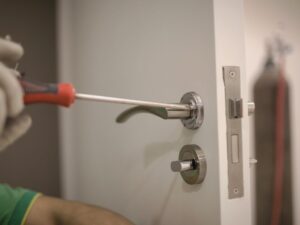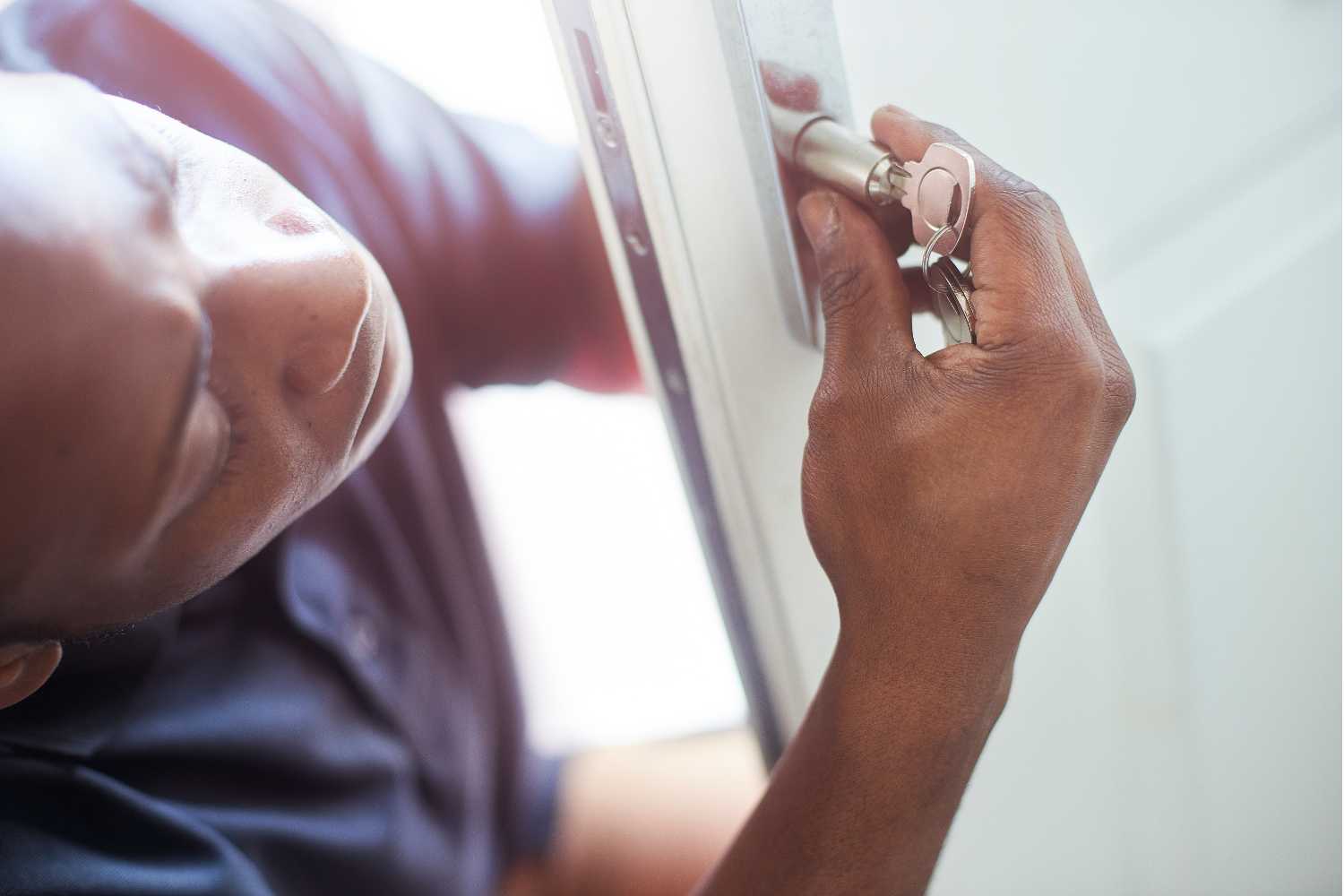
- 01708 453168
- info@atcl.co.uk
- Office Hours: Mon - Sat: 7:30 - 17:30
- 24hr Emergency Callout

There are many benefits of changing your locks when moving into your new home for both security and peace of mind.
EXCELLENTTrustindex verifies that the original source of the review is Google. Lovely young chap (Dan Payne) came this morning to change my elderly mother's locks. He was polite, helpful and swift. Did the job to a high standard. Will use the company again. Thank you!Posted onTrustindex verifies that the original source of the review is Google. Fantastic service! Dan came to change a lock, arrived early which I was really happy about and he was very polite on arrival. Super professional, changed the lock in no time and left no mess. Would definitely recommend 👍Posted onTrustindex verifies that the original source of the review is Google. one of the locksmiths (didn’t get the name) came and swapped out my lock today having called my council yesterday evening, they rang and I wasn’t home but they waited for me to get back. They were lovely and he was very quick so thank you.Posted onTrustindex verifies that the original source of the review is Google. Excellent service, got here in 20 minutes, had the front door open in less than 30 seconds! Thank you!Posted onTrustindex verifies that the original source of the review is Google. I have just used Around The Clock Locks (ATCL) Locksmiths and they are very professional, affordable and brilliant. They have resolved my French door lock issue within minutes and explained everything clearly. They came right on time and only start the job once we agreed the price which was very competitive. I appreciate their honesty also. I whole heartedly recommend ATCLPosted onTrustindex verifies that the original source of the review is Google. Amazing service, reasonably priced and helped me with a few other niggles I had in the property. Would highly recommendPosted onTrustindex verifies that the original source of the review is Google. Really responsive, friendly service, great work every time. Many thanksPosted onTrustindex verifies that the original source of the review is Google. I had a problem with the locks in my flat, after getting quotes from two other locksmiths, ACTL turned out to be the most responsive and reasonably priced by far. They replaced the locks (and door handle) quickly. Everything looks and works perfectly now. I also REALLY appreciated that all communication could be handled via email - no unnecessary phone calls, which was a hassle with other companies.Posted onTrustindex verifies that the original source of the review is Google. Amazing. Oliver arrived within 10 mins of my call and got my into my home quickly. He also kindly helped with a separate issue with my door. Highly recommended. Thanks so much